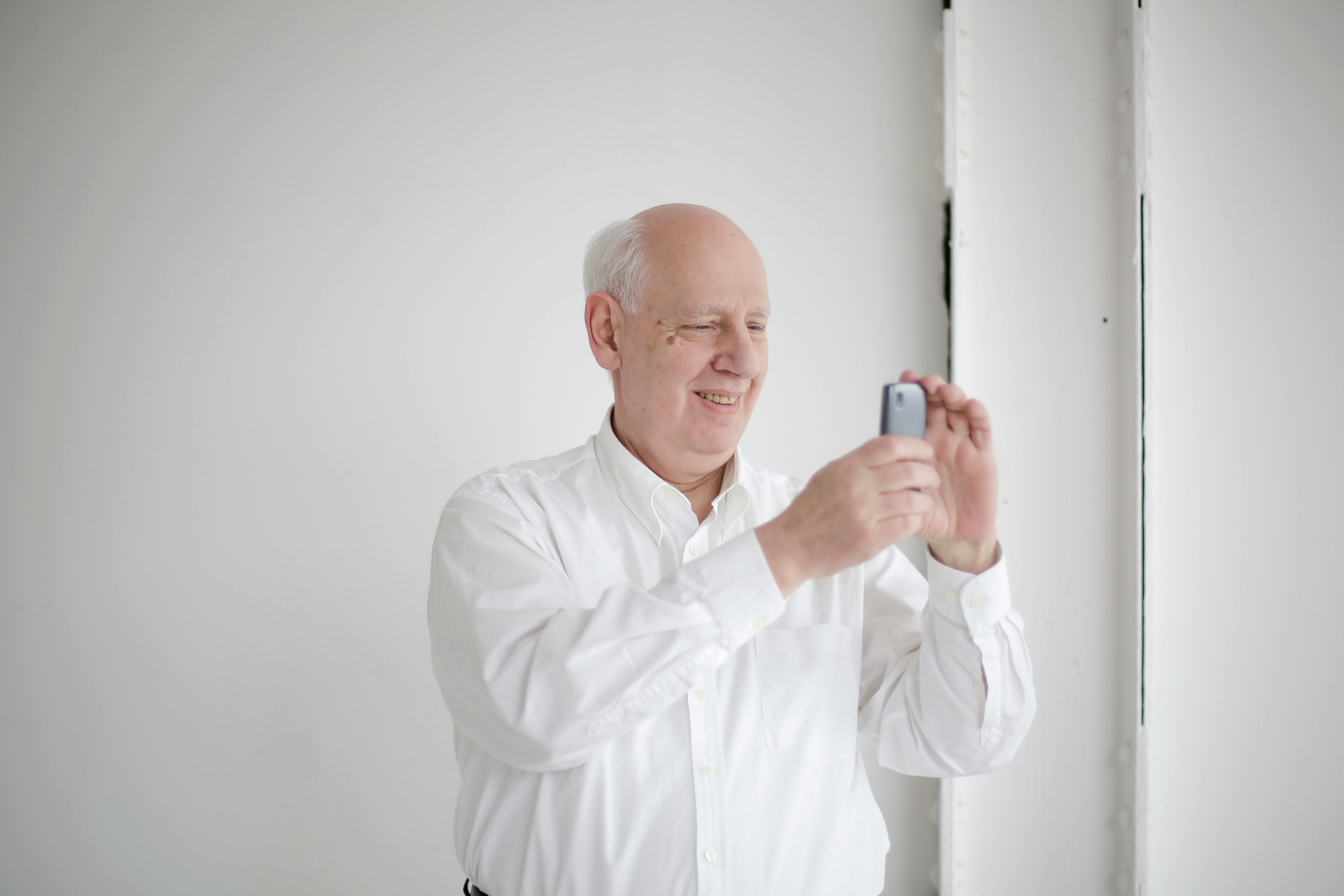Introduction
The word excellent is used to indicate an extremely good item, person, or condition. Human beings have an innate desire towards excellence in everything. For example, we desire outstanding social status, perfect physical health, exceptional achievements in life, superb services, and first-rate living comforts. The human desire for excellent things or conditions remains strong until death. On a practical level, human efforts toward excellence can take an unbalanced approach, such that a person can focus on the appearance of something while ignoring the reality of it. For example, a student may only target grades during the learning process, while the genuine focus of learning is to focus on knowledge, wisdom, and character. Generally, people seek admirable possessions or status rather than reasonable possessions or positions. An excellent result is predominantly a team phenomenon, so excellent human achievement inevitably demands a strategically designed ambition-struggle framework, both personal and shared. Furthermore, the nature of human ambitions and the method of human striving towards something distinguishes between mediocre and wise. A mediocre accumulates wonderful things from worldly items, while a wise man adds excellence in physical health or enhances excellence in intellectual power or promotes excellence in moral beauty.
Excellent student
Curiosity is a basic human instinct. Curiosity is defined as, a strong desire to know about something. A curious tendency of the self instills an implacable desire to know something hidden or hidden. Conceptually, an attitude of systematic curiosity towards the enhancement of knowledge shapes students. Literally, a student is a person who is studying in a school, college, university, etc. while studying is a learning activity or knowledge acquisition. An educator satisfies the curiosity of the students. A student is a knowledge seeker while an educator is a knowledge giver. An interactive setting purposefully designed for knowledge seekers and knowledge givers shapes educational institutions. It should be noted that a learning environment is designed to produce excellent students. An excellent student is the ultimate goal of multiple knowledge management activities, both academic and non-academic. An excellent student is basically curious, but ultimately creative. A curious person wants to know something unknown, from time to time, while a creative person wants to do something new, from time to time. Curiosity discovers ultimate truths, while creativity creates new truths. Curiosity develops links to the past, while creativity shapes a better future. A curious person is an efficient researcher, while a creative person is an effective entrepreneur. A curious person is to philosophize, while a creative person is a scientist. Curiosity lays the foundation of something, while creativity builds the structure. Curiosity is asking questions, while creativity is giving answers. Curiosity is thinking inside the box, while creativity is thinking outside the box. Human civilization is a synergistic total of curiosity and creativity.
Excellent Student Essential Skills
Formal Learning is basically preparation or prelude to practical life. On a practical level, a person needs some professional skills to earn a reasonable income, some social skills for fruitful interactions, and some personal skills for a happy lifestyle. An excellent student has a clear understanding of the necessary professional skills, as well as a strong desire for professional insight. Second, life is an interactive phenomenon. People interact on countless occasions in life. An interaction is productive or non-productive. It is social intelligence or social skills that prepare you for productive interactions. A productive interaction is win-win and stable. An excellent learner has a relevant set of tools for a meaningful interactive life, and has a strong desire for social interactions. Third, a considerable part of the day is spent on personal activities such as sleeping, talking, and exercising. Free time relaxes and prepares for the next round of professional or interactive life. It is noteworthy that the proper application of personal skills prevents boredom, fatigue, lethargy and personal life regrets. Featured personal skills are: subjective thinking, lateral thinking, collective brainstorming, driving, establishing social bonds, repairing things, gardening, increasing physical strength and stamina, creative writing, expressing feelings through works of art, capturing memorable moments through photography, etc. A stable combination of personal, social and economic skills is the inescapable repertoire of an excellent student.
Excellent Student Learning Methodology
Students improve their level of knowledge through absorbing lectures/syllabi. Learning through reading is the easiest way to acquire knowledge. An excellent student reads the learning material before the lesson, gives full attention to the topic during the presentation, participates in the learning activity through relevant or thought-provoking questions, takes notes of important points during transfer of knowledge, after the lesson, reviews noted points and prepared personal notes. A learning approach based on Preparation, Attention, Stake, Notes-Construction and Revision It is an effective learning strategy.
The review is a vital aspect of the study. The human mind remembers information through review, both verbal and written, so that the review of the subject studied is verbal or written. The human mind uses multiple proofreading techniques, such as proofreading aloud, bird’s eye view or cursory proofreading, concise writing, listing issues, teaching others, and taking careful notes. Generally, a verbal review is comparatively easy but less effective or quickly fades from memory, on the other hand, written review is relatively cumbersome but more effective and long lasting. It should be noted that the most effective form of revision is peer teaching.
Effective goal setting and excellent student
Life is a goal-driven phenomenon. A life without purpose is not life at all. A student may set academic goals for knowledge and non-academic goals for character. It is the responsibility of the older generation to guide students in setting goals. Academic goals are generally short term while life goals are usually permanent. Matching academic goals with life goals increases the interest level of students. For example, the academic goal is to earn distinction, while the life goal is to shape a balanced lifestyle. Distinction can be achieved through the wild study program. The extremist approach is the denial of the balanced lifestyle. A correct approach for a special reward is to adopt a persistent study habit with a balanced lifestyle. Over time, a discrepancy between multiple goals can develop, so a recurring reconsideration of academic and non-academic goals and their compatibility with life goals and future challenges is vital for continued and sustainable personality growth. and effective for the correct selection of the race.
Concluding remarks – A few words about Bright Future
The students generally depend on the elders. (ie parents, teachers, etc.) during educational life. After completing the education, the students start the practical life. A fruitful, productive and independent practical life indicates a bright future. The bright future becomes a reality through the compatibility of internal ambitions with external realities. It is noteworthy that a plethora of wishful thinking is unable to shape a better future. A realistic, positive and proactive attitude towards challenges/opportunities means a bright future. An excellent student is knowledgeable, well mannered, and wise. The outside world or collective life follows immutable life maxims. A well-informed/educated/wise person prepares easily and quickly adjusts to the upcoming realities of the outside world.




